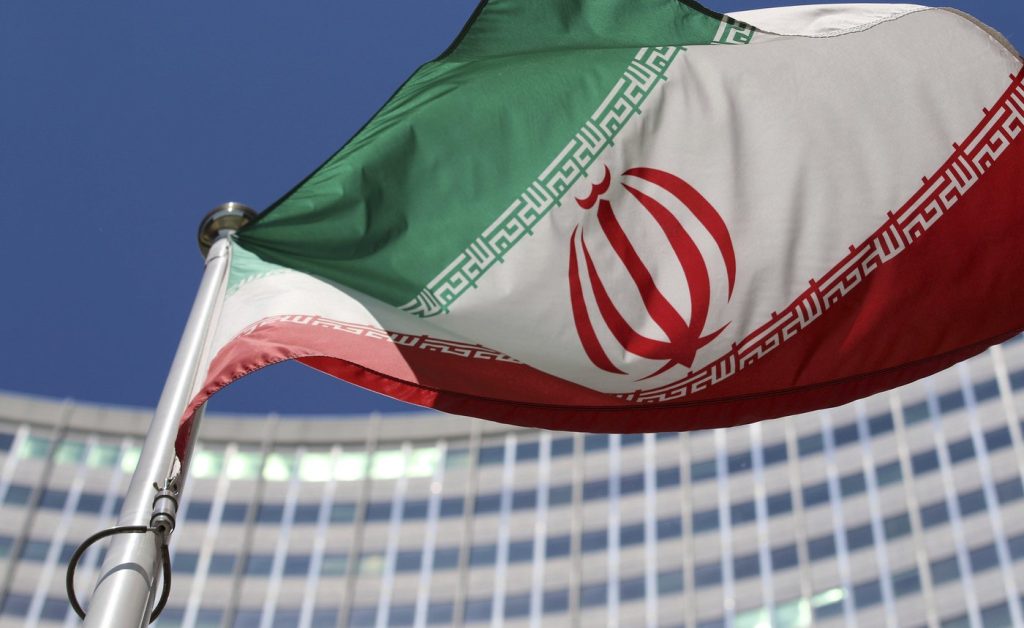DUBAI, United Arab Emirates (AP) — Iran executed an individual convicted of spying for Israel’s intelligence agency, Mossad, in the city of Qom, as reported by the official judiciary news agency on Sunday. The execution took place early Saturday after the Supreme Court upheld the death sentence and denied a request for a pardon.
The identity of the executed person was not disclosed, but reports indicated that the individual was accused of “intelligence cooperation with the Zionist regime,” as well as “corruption on Earth” and “enmity against God.” These charges are among those punishable by death under Iran's Islamic penal code.
Mizan news agency reported that the defendant began engaging with Israeli intelligence in October 2023 and was arrested four months later, in February 2024. Allegations included the provision of sensitive information to Mossad and the execution of missions within Iran on behalf of Israeli intelligence. However, additional details regarding the nature of the alleged espionage activities or specific circumstances surrounding the arrest were not disclosed.
Iran's judiciary has consistently characterized such executions as vital for national security, particularly in light of what Iran refers to as Israel’s “infiltration and sabotage operations.” The execution in Qom, located about 120 kilometers (75 miles) south of Tehran, follows a series of similar cases where individuals have been accused of collaborating with Israel.
On October 4, Iran executed six individuals accused of carrying out bombings and armed attacks in Khuzestan Province while allegedly working with Mossad. Authorities claimed that the group had “operated in direct connection with the Zionist regime’s intelligence apparatus.” Additionally, just a few days prior, on September 29, another defendant named Bahman Choobiasl was executed in Arak Prison for spying for Israel. Choobiasl was convicted of collecting sensitive information and passing it to Israeli handlers.
Since the escalation of hostilities during the “12-day war” earlier this year, along with multiple Israeli airstrikes targeting Iranian military sites, Iran has executed at least nine individuals accused of espionage. This conflict has seen Israel conducting airstrikes that resulted in approximately 1,100 fatalities, including several senior Iranian military commanders. The ongoing exchange of hostilities has heightened tensions in the region, with Iranian missile barrages targeting Israeli territories in retaliation.
Human rights organizations and Western governments have criticized the increasing use of capital punishment in Iran, particularly for political and espionage-related offenses. Activists contend that many convictions stem from coerced confessions and that trials are often conducted behind closed doors, with no access to independent legal representation for the defendants. However, Iranian officials assert that those executed were “agents of hostile intelligence services” involved in terrorist activities or acts of sabotage.
Tehran has accused Israel of orchestrating a covert campaign of attacks within Iran, including the assassinations of nuclear scientists and cyber sabotage of critical facilities.












